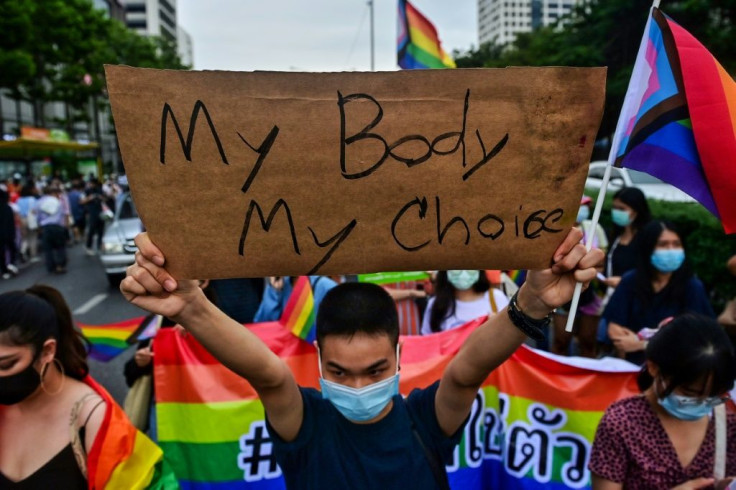Why It Is Important To Support An LGBTQ Child When They Come Out
The term LGBTQ was introduced as a way to blend the otherwise marginal community into the mainstream.
After decades of shame, oppression and secrecy, LGBTQ acceptance came as a welcome relief for lesbians, gays, queer or bisexual people, empowering them to come out in the open and achieve wider social acceptance.
A person becomes aware of his/her unique sexual preference or gender identity in their early teens but they might shy away from breaking it to their parents fearing an unfavorable response or outburst. There is no denying that parents always want the best for their children but invalidating their feelings only further worsens their mental state.
A study published by NCFR (National Council Of Family Relations), argues that parental intervention, especially during the adolescent years of an LGTBQ child, is very crucial for their emotional well-being because this is the period that is characterized by the development of both sexuality and identity.
LGBTQ children are no different from their peers but face some unique challenges that call for parental support. Dr. Caitlin Ryan, the director of the Family Acceptance Project at San Francisco State University, concluded in a study that family acceptance plays a key role in shaping up an LGBTQ child's confidence. Rejections, on the other hand, may result in the child attempting suicide, sliding into depression, resorting to drugs and having unprotected sex.
Not every parent is likely to wholeheartedly accept their child's LGBTQ status given the taboo and prejudice centered around the community. It will be as much a challenge for the parent to face the world with an LGBTQ child as it will be for the latter. However, Ryan argued that the earliest acceptance of the fact will effectively lessen the rates of adolescent suicide, substance abuse and depression.
Coming out is an intensely emotional and personal experience for children. It means the child is conjuring all his courage to face potential rejection. In such a situation, it's entirely the parents' choice to make the process easier and put the child first than social judgments. To ease the parents' efforts, laid down below are some tips to make the conversation a positive one.
Don't ignore when they speak out:
Even if you have known it all along, pretending not to listen to them is the worst thing you can do to your child. Try to respectfully hear what they have to say and provide them the right headspace to speak their heart out.
Don't shame them by the name of religion:
It's not someone they chose to be, they were born with it, and therefore shaming them in any manner will not change anything about it. The world is changing fast and there are many LGBTQ religious community members whose names can be used as examples to encourage the child.
Thank them for telling you:
Seriously, you can't thank your child enough to be brave and let you know about their unique self. Thank them for showing their vulnerable side and reaching out for support, while assuring them that they are safe and well-loved.
Don't tell them 'It's just a phase':
Because it's not. Why teach your child to hide their identity when society is learning to practice inclusion? Embracing the situation rather than rolling your eyes will give your child the confidence to be themselves.
Stay involved with their school:
Kids spend most of their day at school and it's important that they feel comfortable there and not face bullies. The best you can do for your child is to advocate for the gay-straight alliance, which monitors LGBTQ child's academic performance and helps them do better in school. Keep in touch with his/her teachers and propose to the school authority to start more inclusive sex education.
Change doesn't happen overnight. It's time parents of LGBTQ children start being more accepting and supportive of their own children because, in this way, they can serve a greater societal cause.























